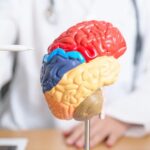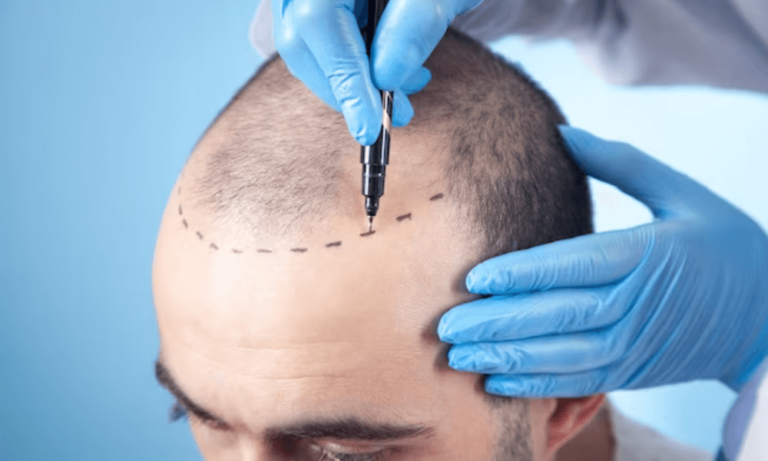
How an Eating Disorder Treatment Facility Supports Holistic Wellness
Eating disorders impact both the mind and body. Effective treatment must go beyond just addressing the symptoms. A holistic approach focuses on healing the entire person. This means treating not only the physical aspects of an eating disorder but also the emotional and psychological factors involved.
The Role of an Eating Disorder Treatment Facility
An eating disorder treatment facility provides a comprehensive, multifaceted approach to recovery. These centers offer therapy, medical care, and nutritional counseling, all tailored to the individual’s needs. By focusing on the physical, mental, and emotional components of wellness, the facility ensures a balanced treatment plan.
Addressing the Psychological Aspects
One of the first steps in any eating disorder treatment program is addressing the psychological aspects. Cognitive Behavioral Therapy (CBT) and other therapeutic techniques help individuals identify harmful thought patterns. This is key to changing the behaviors that fuel the eating disorder. The goal is to rebuild a healthier relationship with food and body image.
Incorporating Nutritional Education
Eating disorder treatment is not just about food but also about understanding its role in the body. Nutrition education is a central part of recovery. Professionals in an eating disorder treatment facility work closely with patients to teach them how to nourish their bodies properly. The focus is on balanced meals that fuel the body and mind, promoting overall health and wellness.
Eating Disorder Medical Support for a Full Recovery
In many cases, eating disorders lead to serious health consequences. An eating disorder treatment facility provides medical support to monitor and manage these risks. Physicians and dietitians collaborate to ensure that individuals regain and maintain a healthy weight. Regular medical assessments are essential to guide the treatment process and ensure safety.
Emotional and Social Support During Recovery
Eating disorder recovery is not just about changing behavior. It’s also about healing the emotional wounds that contribute to disordered eating. A strong support system plays a significant role in this. Therapy sessions, group support, and family counseling all help individuals rebuild trust and find strength in their journey. Social support fosters a sense of belonging, which is vital for long-term recovery.
Long-Term Wellness and Relapse Prevention
After initial treatment, the focus shifts to maintaining long-term wellness. Relapse prevention strategies are implemented to ensure patients continue to thrive. Many eating disorder treatment facilities offer aftercare programs, including ongoing therapy and support groups. These programs help patients stay on track and adjust to life after treatment, making the transition smoother.
Therapists at these facilities work with patients to explore the emotional challenges that contribute to the disorder. These professionals help clients understand their behaviors, thoughts, and emotions, providing tools to manage triggers. The goal is not just recovery from the disorder but also the healing of the mind and emotions to prevent relapse and promote lifelong wellness.
Conclusion
An eating disorder treatment facility plays a crucial role in supporting holistic wellness. It provides a combination of therapy, medical care, nutritional education, and emotional support. This comprehensive approach addresses the underlying issues of eating disorders, helping individuals achieve lasting recovery and wellness. By focusing on the mind, body, and emotions, the treatment facility ensures a well-rounded recovery process.
















